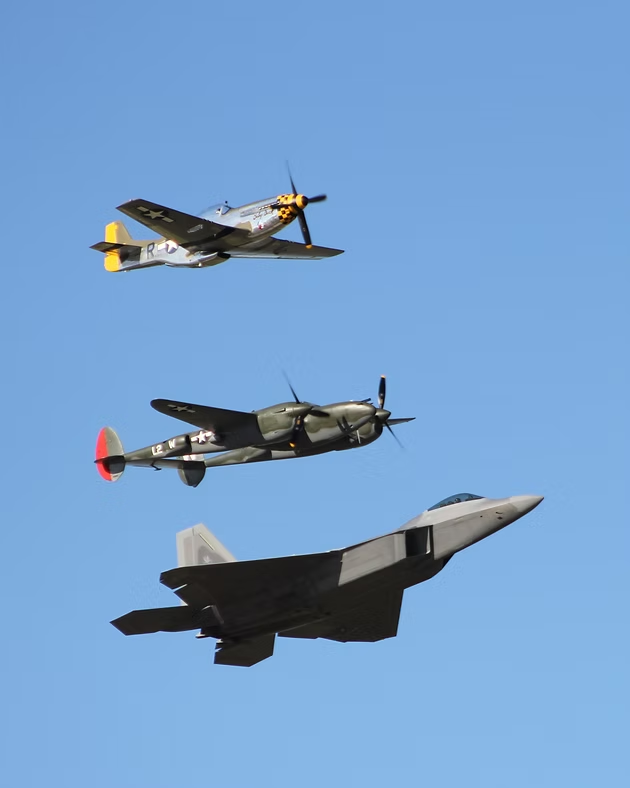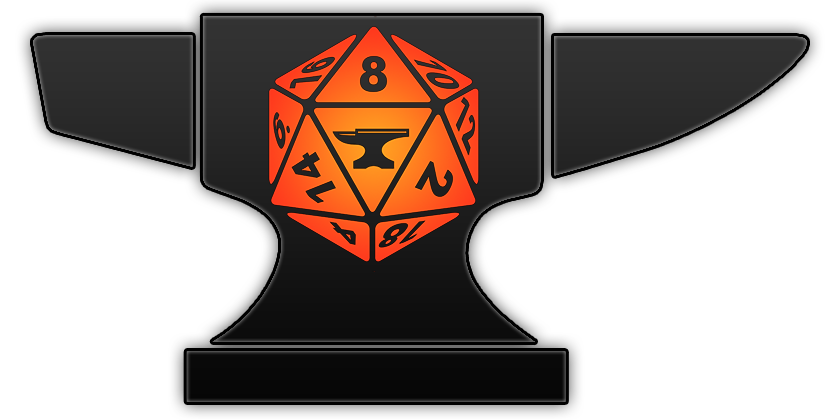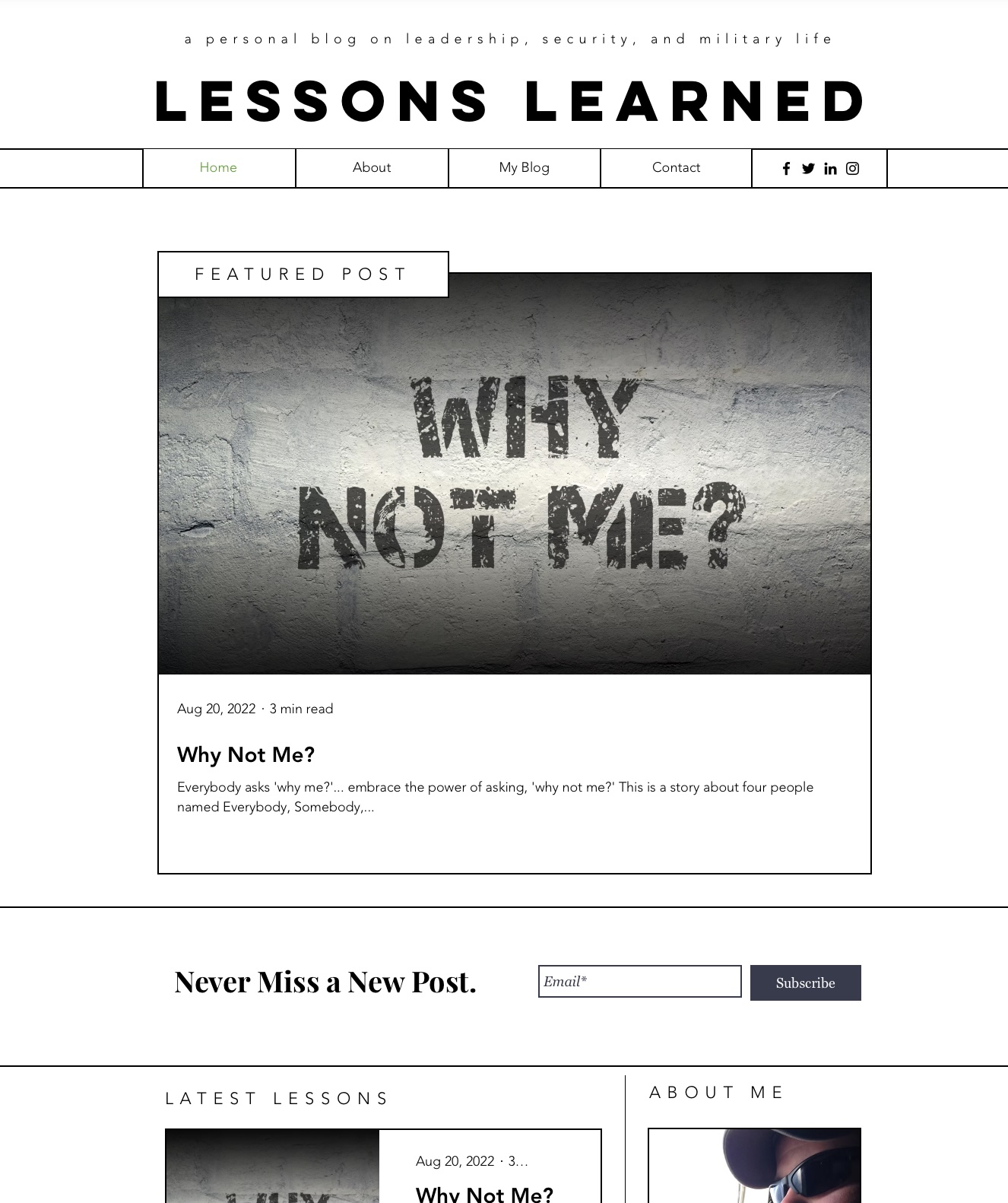Which path will you follow?
Shortly after I entered the U.S. Air Force in 2005, I began searching for inspiration to keep moving forward. I knew that my unique technical specialty would keep me in training for at least three years with an enduring continuation training requirement long after then. While I found numerous fantastic quotes and poems to put on my bulletin board, one resonated with me so deeply that I needed to learn more about its mysterious author and it continues to be some of the most profound guidance I’ve received to this day:
“Tiger, one day you will come to a fork in the road: and you’re going to have to make a decision about which direction you want to go.” He raised his hand and pointed. “If you go that way you can be somebody. You will have to make compromises and you will have to turn your back on your friends. But you will be a member of the club and you will get promoted and you will get good assignments.” Then Boyd raised his other hand and pointed another direction. “Or you can go that way and you can do something — something for your country and for your Air Force and for yourself. If you decide you want to do something, you may not get promoted and you may not get the good assignments and you certainly will not be a favorite of your superiors. But you won’t have to compromise yourself. You will be true to your friends and to yourself. And your work might make a difference. To be somebody or to do something. In life there is often a roll call. That’s when you will have to make a decision. To be or to do? Which way will you go?”
These were the words of the infamous Col John Boyd (Ret.). He was the hero fighter pilot that single-handedly rewrote the book on fighter tactics (teaching himself advanced calculus to do so) and bucked the system so hard that when it came time to retire, it was hardly his decision. That was just his warm-up act. Later, he would go on to create a military strategic theorem that would completely upend Carl von Clausewitz and arguably earn him a place among the greatest military thinkers in history. We’ll talk more about that another time.
As a Colonel. An O-6. Not a General.
The Roll Call
Boyd answered his roll call and doubtless chose To Do Something. Since then, I have challenged myself to live in that bold shadow. Early in my career in 2009, I was faced with the option of earning my commission and joining our officer ranks. I was (and still am) what our Air Force calls a Career Enlisted Aviator and had no intention of becoming a penguin (has wings, can’t fly), so I applied to become a rated officer and continue my flying career as a Lieutenant. I jumped through an enormous number of hurdles as I built my package, knowing that this would be my only shot. The Air Force will only accept rated officers up to a certain age, and due to my late entrance (at the ripe age of 24), I was rapidly closing in on that cutoff. Compounding that, I was also busy preparing for my very first deployment.
As a matter of standard, enlisted Airmen applying for the Officer Training School supply a letter of recommendation from their wing commander. If you work at an Air Force squadron (as most do at their first assignment), you’ll typically need to gain the concurrence of at least eight formal signatures at the whim of their (usually well-meaning but all too human) staffs. Within a month of my due date and a day before I deployed, I had only made it through five of those signatures. Frustrated and not willing to leave anything on the table, I sent a formal memo to the remaining three, including the wing commander, explaining everything I imagined they might want to hear about why I wanted to become an officer.
One month later, during my deployment, I received my answer: my package never met the board. Due to administrative issues, neither my package nor anyone else from my squadron applying made the deadline. I was devastated. Then, I remembered this quote. It was time for life’s Roll Call.

To Do Something
Throughout the rest of that 210-day deployment, I came to realize something: After four years in the Air Force, I was finally doing what I had sought to do as an officer (or enlisted, for that matter). I was having a positive impact on our mission, but more importantly, I was having a positive impact on our Airmen. One month in, I was assigned to a position generally reserved for a non-commissioned officer that I was hardly qualified for, and I spent the rest of my time trying my hardest to live up to it. It earned me numerous accolades, my next stripe (promotion to the non-commissioned officer corps), and my choice at my next assignment, but I also realized that I didn’t need To Be Somebody to make a difference.
After that, I promised myself that I would climb the enlisted ranks, but I would never compromise my principles or my Airmen for any reason. I would never walk into a meeting on their behalf, not willing to walk out with one less stripe. If I made Chief Master Sergeant (E-9, the highest enlisted rank), it would be strictly on my own terms; terms that I dearly hoped married with the Air Force I wanted to be a member of. I firmly decided where I would call in life’s Roll Call and never again would the allure of commissioning ever excite me. As a result, I remained in a field that excited me for many more years and enjoyed the unique satisfaction (and pain) that comes with making an impact on our mission. As a Senior Enlisted Leader, I now fully recognize that I stand at the twilight of that time and embrace it. Now, my role is to survey our broader force and challenge them with the same question that carries me through: which way will you go? Will you Be or Do?
Now, I’m in the position where I can openly confront my enlisted Airmen when they express their desire to earn a commission: do you want to be somebody or do something? Is it just for the increased pay, or do you want to use your newfound authority to make our Airmen’s lives better and help them to be more lethal at their mission?
Conclusion
So, where does that leave you in your organization? What are your goals? Do you want To Be Somebody or To Do Something? Many organizations will eschew the disruptors that will buck the system and play it safe; those are organizations that are utterly stagnant and don’t deserve your talents. Those are the organizations that aren’t willing to Do Something. You can do what many of your mentors will tell you to get promoted (because it worked for them), or you can say in the words of Admiral David Farragut in 1864, “damn the torpedoes; four bells […] go ahead […], full speed.” As I like to say, I’d rather do the right thing the wrong way than to the wrong thing the right way. I dare you to follow me down that fork in the road and see where your life and career take you.


